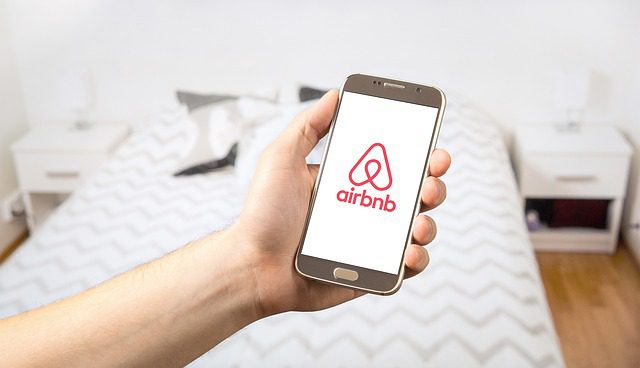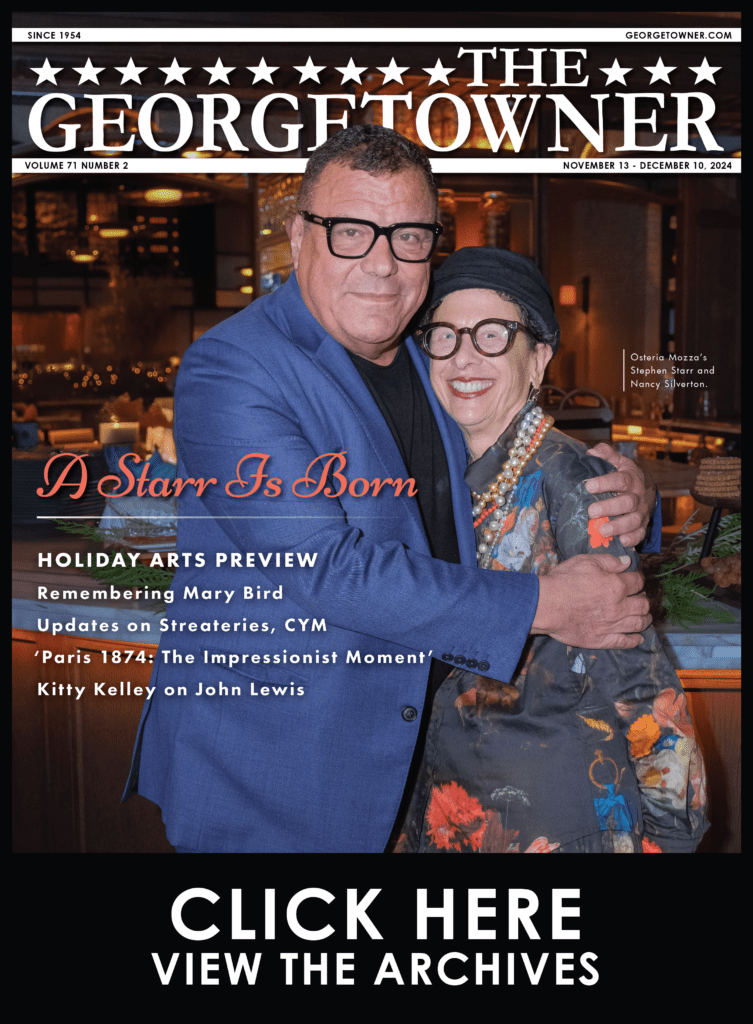On Oct. 17, a heated debate among District Council members regarding a proposed bill to strictly regulate Airbnb and similar short-term residential rentals ended in a standoff.
Internet sensation Airbnb started off as a simple idea in the new and evolving “gig”economy, in which short-term and sharing are the key words. Rent out a space in your home — a room, a couch, a floor — to visitors for a few days for a nominal fee. You make new friends and some money, too. It was a win-win. The idea went global and became an industry.
In Washington, D.C., real estate investors are increasingly buying up entire buildings to convert them to Airbnbs and the like, with some neighborhoods seeing a huge influx of tourists and visiting students and businesspeople. The city’s permanent housing stock — along with housing for college students and interns and affordable housing in general — has begun to noticeably decrease.
The proposed bill would only allow short-term rental of primary residences, with a 90-day-per-calendar-year limit on rentals when the owner is absent. It would also prohibit investors from buying up homes to convert them to short-term rental properties.
Advocacy groups for the regulations, such as It’s Time D.C., appeared to brook no nuances. At an Oct. 15 briefing at the National Press Club, advocates insisted that only rooms in primary homes could be rented out short-term, nothing else.
But what of the second-home owner, of which there are many in Georgetown? What about empty nesters who travel to be with family and others for extended periods of time? What about those who really need the extra intermittent income to save a family home?
The Council agreed to take up the proposal again on Nov. 13.


